Description
Porcelain or ceramic veneers are thin shells made of medical-grade ceramic material that are bonded to the front surfaces of teeth. They are a popular cosmetic dental treatment option that can improve the appearance of teeth. Here is some information about porcelain/ceramic veneers:
Familiarity with Treatment
Porcelain or ceramic veneers are custom-made to fit each patient’s teeth and desired aesthetic goals. The process typically involves the removal of a small amount of enamel from the front surface of the teeth to make room for the veneers. The veneers are then bonded to the teeth using adhesive techniques and a luting composite 1.
Who is it Suitable for?
Porcelain or ceramic veneers are suitable for individuals who want to improve the appearance of their teeth and have concerns such as discoloration, chips, cracks, or misalignment. They can be used to create a more uniform, symmetrical, and aesthetically pleasing smile.
Who is it Not Suitable for?
Porcelain or ceramic veneers may not be suitable for individuals with extensive tooth decay, gum disease, or severely damaged teeth that require more extensive dental work. In such cases, addressing the underlying dental issues may be necessary before considering veneers 2.
Advantages
- Porcelain or ceramic veneers provide a natural-looking appearance, as the material closely resembles the color and translucency of natural teeth.
- They can improve the shape, size, and color of teeth, creating a more harmonious smile.
- Porcelain or ceramic veneers are stain-resistant and can maintain their color and appearance for a long time.
- They are durable and can last for many years with proper care 3.
Complications
- Porcelain or ceramic veneers can be more expensive compared to other veneer options.
- The process of preparing the teeth and bonding the veneers is irreversible, as a small amount of enamel is removed.
- There is a risk of veneers chipping or coming off, although this is relatively rare.
- Individuals with a habit of teeth grinding or clenching may be at a higher risk of damaging the veneers 4.
Preoperative Care
Before getting porcelain or ceramic veneers, it is important to consult with a dental professional to discuss your specific case and determine if veneers are the right option for you. Your dentist will assess your dental health, evaluate the condition of your teeth, and discuss the expected outcomes of the treatment.
Postoperative Care
After getting porcelain or ceramic veneers, it is important to maintain good oral hygiene practices, including regular brushing, flossing, and rinsing with an antiseptic mouthwash. It is also recommended to avoid habits that can potentially damage the veneers, such as biting on hard objects or grinding your teeth. Regular dental check-ups are essential to monitor the condition of the veneers and ensure their longevity 3.
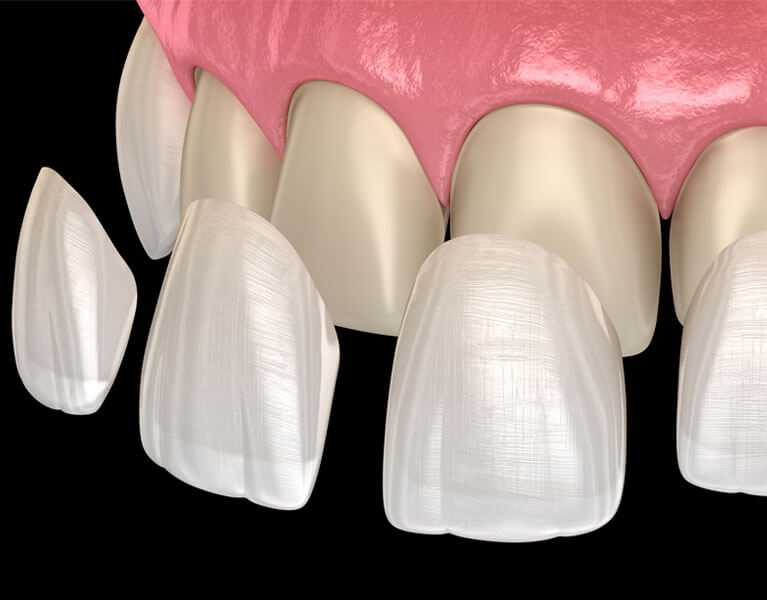




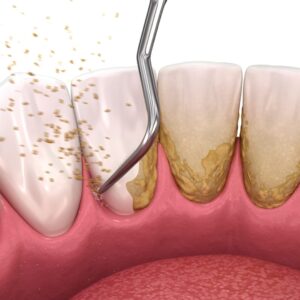
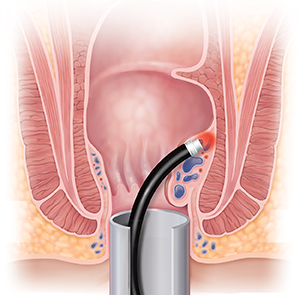

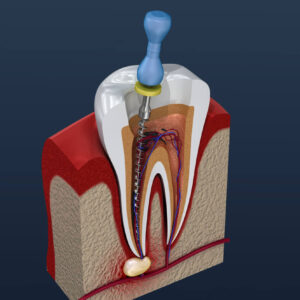
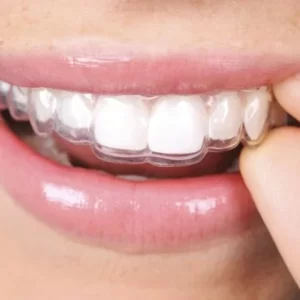
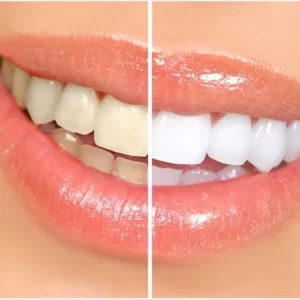
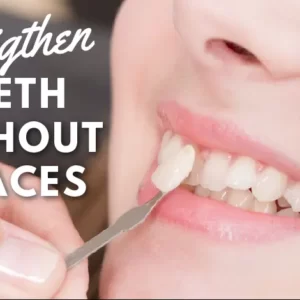
Reviews
There are no reviews yet.